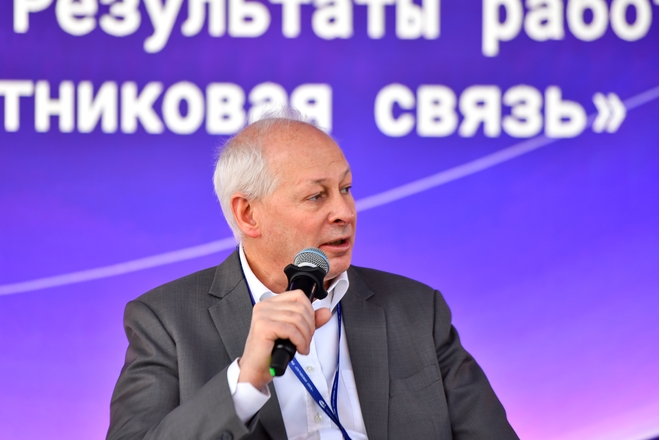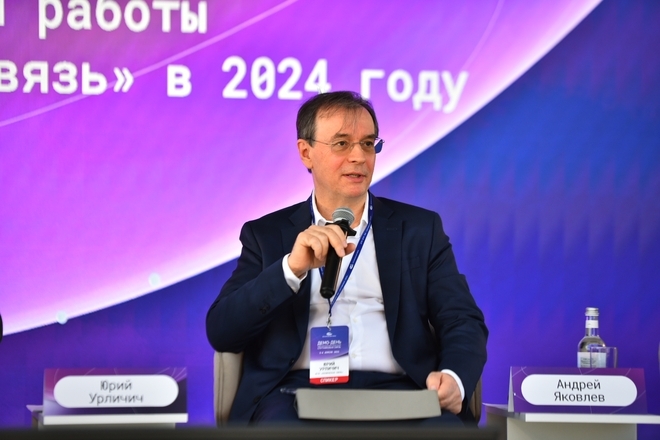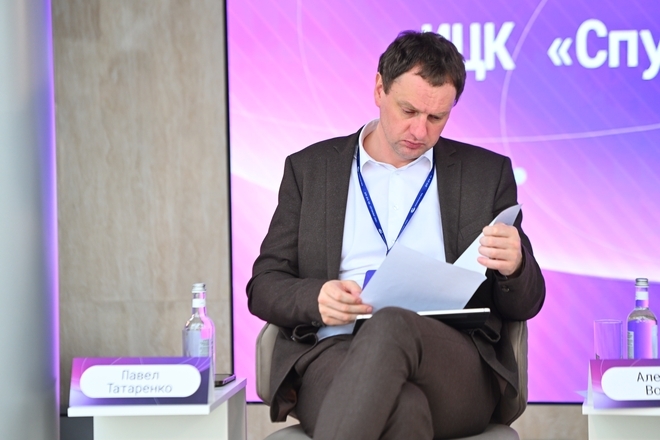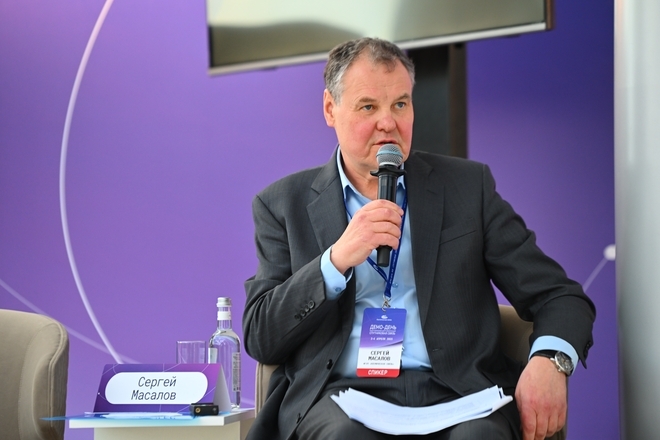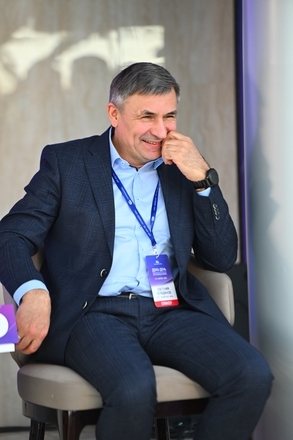All orbits came together: volume of services provided in Russia by satellite operators amounted to 21 billion rubles in 2024
With the volume of the satellite market in the Russian Federation at 21 billion rubles in 2024, the turnover of space telecommunications services amounted to almost 70 billion rubles. Thus, the entire segment is estimated at approximately 90 billion rubles. Such calculations were presented by the ICC "Satellite Communications" at its Demo Day in Kazan.
At the same time, suppliers of hardware and software solutions within the framework of the ICC projects were able to earn 125 million rubles; another 57 million amounted to additional income for operators from the signal analysis complex. The ICC also expects that this year, designers of Russian VSAT modems will receive about 400 million rubles as an economic effect.
Alexey Volin, General Director of RSCC, in his speech at the Demo Day shared details about the production of the fully domestic Express-AMU4 satellite, as one of the most significant projects of the Industrial Competence Center.
“To date, the industry has received 4.7 billion rubles for the construction of the satellite. In 2025, another 6 billion should be allocated. At the moment, the main elements of the platform and payload (PL) have been manufactured and delivered, and in April the PL will be installed on the platform. We expect the release of the spacecraft at the end of 2026, it means that Express-AMU4 should begin operating in 2027,” Alexey Volin concluded.
The creation of new devices, services and technologies is impossible without the active involvement of the state, noted Yury Urlichich, Advisor to the General Director of RSCC, Chairman of the Council of the Association of Satellite Communications Market Players, who also moderated the plenary session of the event.
"The state actually provides the infrastructure, and the market develops it. If we talk about the effectiveness of programs, then, in my opinion, it cannot be assessed by direct profitability. For example, we do not assess the construction of federal highways and do not require their payback in 10 or 20 years. The same is with space. Infrastructure projects should be defined and financed by the state. It can provide strategic directions, after which private companies will invest funds and develop their services," Yuri Urlichich is sure.
Pavel Tatarenko, Deputy Chairman of the ICC, Deputy General Director - Head of the IT Service of RSCC, in turn, spoke about the transition to domestic equipment in the hardware and software complex (HSC) for satellite control. According to him, the project is scheduled to be completed in 2026.
Deputy General Director of RSCC Evgeny Buidinov also touched upon the issue of the HSC, but in the context of integrating the signal analysis complex with the monitoring system. He reported that currently 36 satellite communication earth stations at four geographically distributed Space Communications Centers of the company are involved in monitoring.
Advisor to the General Director of RSCC Sergey Masalov emphasized in his report the principles of construction, role and composition of the unified digital network within the framework of the "seamless sky" concept.
Andrey Yakovlev, General Director of Gazprom AIT Facility LLC, spoke at the plenary session about the successes and prospects of the spacecraft construction bureau. General Director of JSC "Satellite system ‘GONETS’" Andrey Manoylo in his speech focused on the creation of promising communication constellations and retransmission systems. Director of Analytics of ANO "Digital Economy" Karen Kazaryan analyzed the future of the Russian space services market with scenarios from conservative to optimistic.
